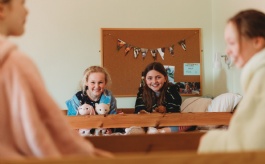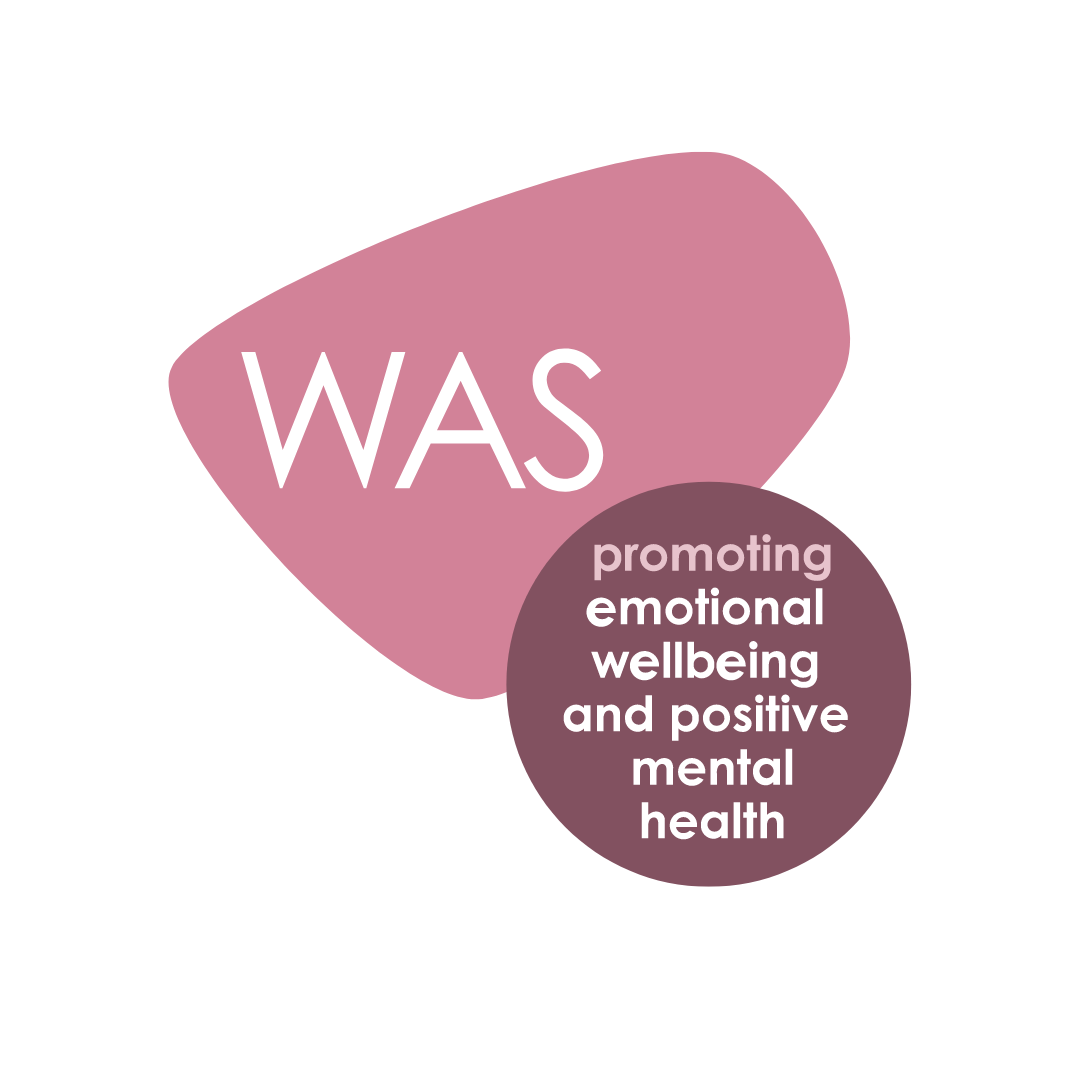Boarding: The Importance of Sleep

We are Boarding Schools' Association (BSA) Sleep Champions! Focussing on the importance of sleep; here’s why:
Sleep is a vital part of a child’s overall well-being and plays a critical role in both their physical and mental development. In our boarding environment, the importance of sleep is never underestimated. Through settled bedtime routines, our children develop an awareness of respecting others’ need for sleep, as well as appreciating the need to foster their own healthy sleep patterns.
Factually, children require more sleep than adults because their bodies and brains undergo so many different, often quick, stages of growth. As Head of Boarding, myself and the boarding team strive to ensure that children get enough sleep to support their health, emotional stability, learning abilities, and behaviour.
How much sleep do children need? Children aged 6-12 need about 9-12 hours of sleep each night. Our youngest boarders in Years 3, 4 and 5 have a bedtime of 8pm at which point they read quietly for 15 minutes. This helps them to decompress after busy days, but it also supports their academic learning, imagination and language development. At 8.15pm their lights are turned off, ready for sleep. This gives them approximately 10.5 hours of sleep until they are woken at 7am to get ready for their school day.
Boarders in Years 6 to 8 have bedtimes of 8.15 - 8.45pm. All bedtimes, again, include 15 minutes of quiet reading with the final lights out time of 9pm for our oldest boarders in Year 8. Again, this gives our senior boarders approximately 9.5 hours of sleep a night.
Why is sleep so important for our children? Without them necessarily realising, there are a number of developmental processes happening during their sleep.
Much of a child's growth hormone is released during deep sleep. This hormone is essential for their bone and tissue development and therefore promotes their physical growth. Without adequate rest, children may begin to experience weakened immune systems, making them more susceptible to illness.
During sleep, the brain also processes information and consolidates learning. For children, this means that adequate sleep helps with their memory retention and problem-solving skills. A well-rested child is more focused, attentive, and better able to grasp new concepts, whether in the classroom or during playtime.
Children who get enough sleep and who are well rested tend to be able to regulate their emotions better. A lack of sleep, as I’m sure we’re all able to appreciate, can lead to frustration, anxiety, and sometimes even behavioural problems. A well-rested child is generally happier and better equipped to handle testing situations.
Sleep can impact our behaviour directly. Children who don’t get enough rest are more likely to display hyperactivity, impulsivity, and difficulty interacting with peers. By ensuring sufficient sleep, we can support our children’s social development, helping them build stronger relationships and adapt better in social environments.
In summary, sleep is not just a restful state for children; it is a crucial period for growth, learning, emotional regulation, and overall health. Establishing a healthy sleep routine helps children thrive, both mentally and physically. I’m delighted that, following an audit of our boarding environment and provision, we have been awarded 'BSA Sleep Champions' status.
Leonie Serbrock. Head of Boarding, Mowden Hall School
Find out more about Boarding at Mowden Hall School by clicking here.
Ready to make the next step? Contact our Admissions team today to arrange your visit to the school.









